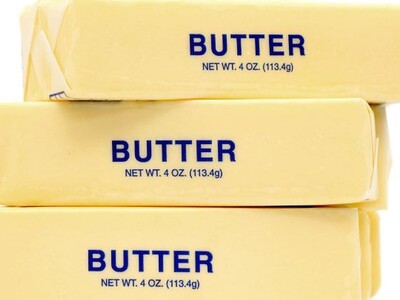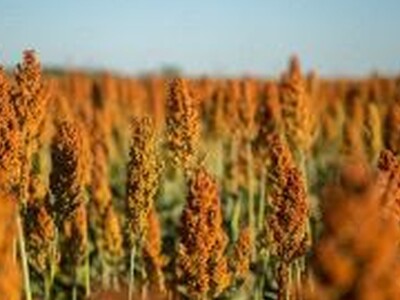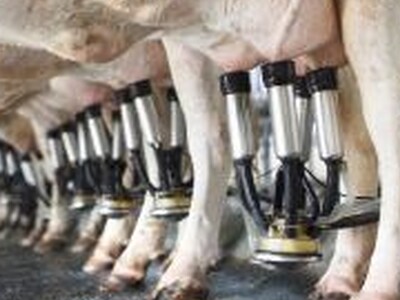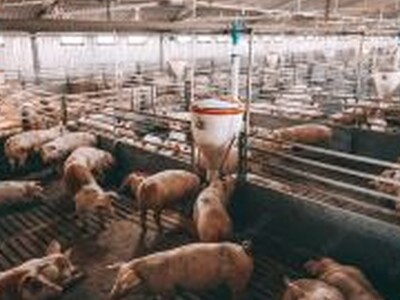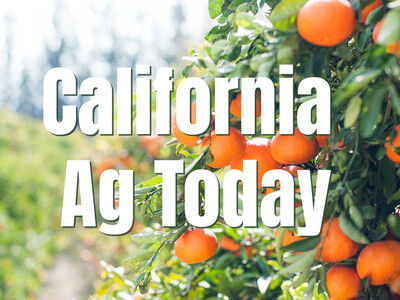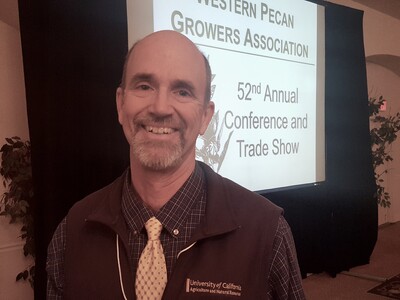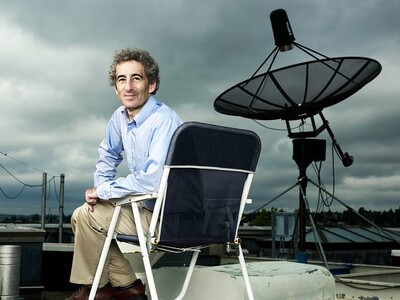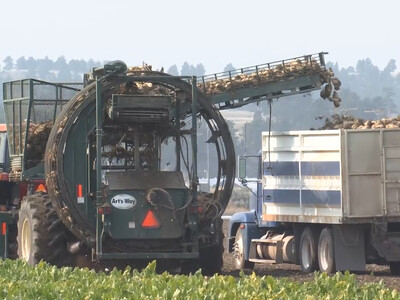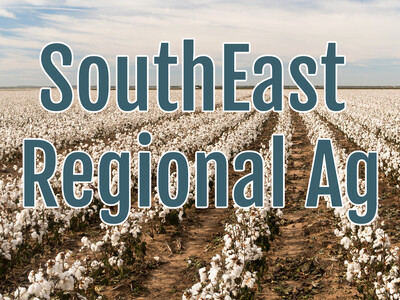Pesticides & Water Quality
Pesticides & Water Quality. I’m Greg Martin with today’s Line On Agriculture.
Are you a good steward of the land? How about the water? Dr. John Stark, Director of WSU-Puyallup’s
STARK: So when pesticides are applied they quite often end up in surface water. They do this through a number of different mechanisms, someone earlier mentioned runoff, drift, things like this and what can happen are two basic things, we can have direct effects which mean the organism are exposed directly to the chemical and is a negative impact on their physiology and they can either die or be impaired in some way. Obviously the worse case scenario is something like a fish kill.
Stark says that the other method can have a far greater impact.
STARK: There can be sub lethal effects as well and there can be multiple sub lethal effects which impair the animals’ ability to survive, reproduce and grow as a population. And then there are indirect effects and indirect effects are effects on an organisms food supply and or habitat. So for example if we are trying to protect this salmon species and an insecticide is applied nearby and runs off into this system and that insecticide really only knocks out the arthropods, what’s going to happen is there’s less food supply for the salmon directly, for some of the smaller fish that feed on those organisms and which the salmon feeds on.
This really is the ultimate trickle down effect and can devastate the whole system. Stark says that for the most part though when it comes to pesticide management the farming communities really do a good job but that where they see a major problem is in residential and urban areas.
STARK: Most of the pesticides found in our water do not come from agricultural areas; they come from urban and suburban areas. And the reason for this is that homeowners often misapply pesticides, they are not licensed pesticide applicators and that is where a majority of the materials we find in our surface water come from. Farmers in general are really good stewards of the environment and they know what they are doing.
This does not only apply to pesticides but things like lawn fertilizers. Stark says it is very important that homeowners read the labels completely and apply these different chemicals ONLY as recommended. His research shows that it does not take very much of these products to find their way into the water supply and have a drastic effect on the environment. On Monday we’ll take a look at some of the case studies for “safe” chemicals.
That’s today’s Line On Agriculture. I’m Greg Martin on the Northwest Ag Information Network.




